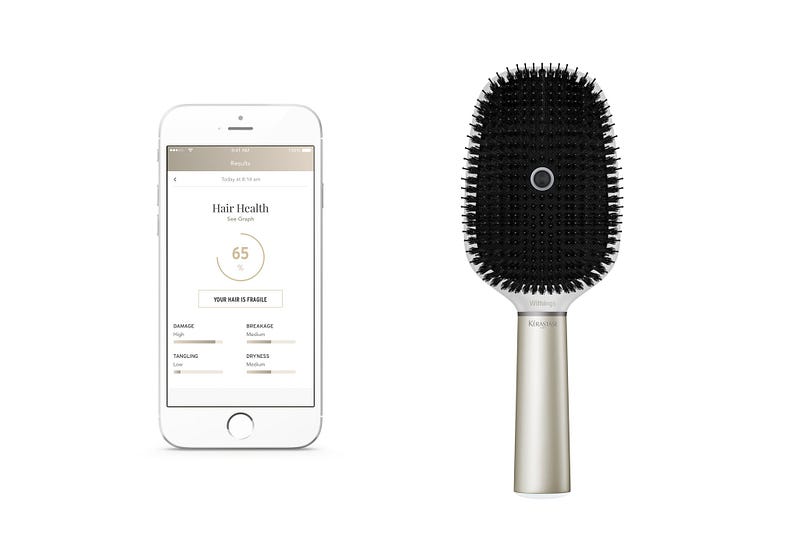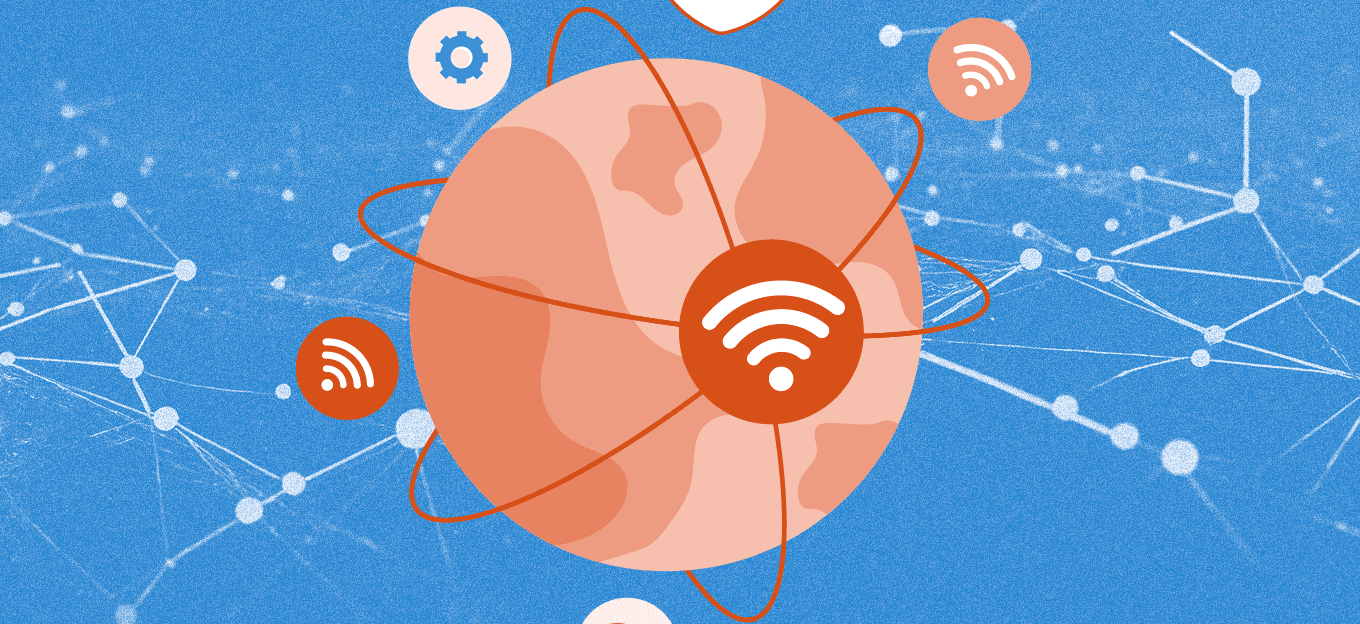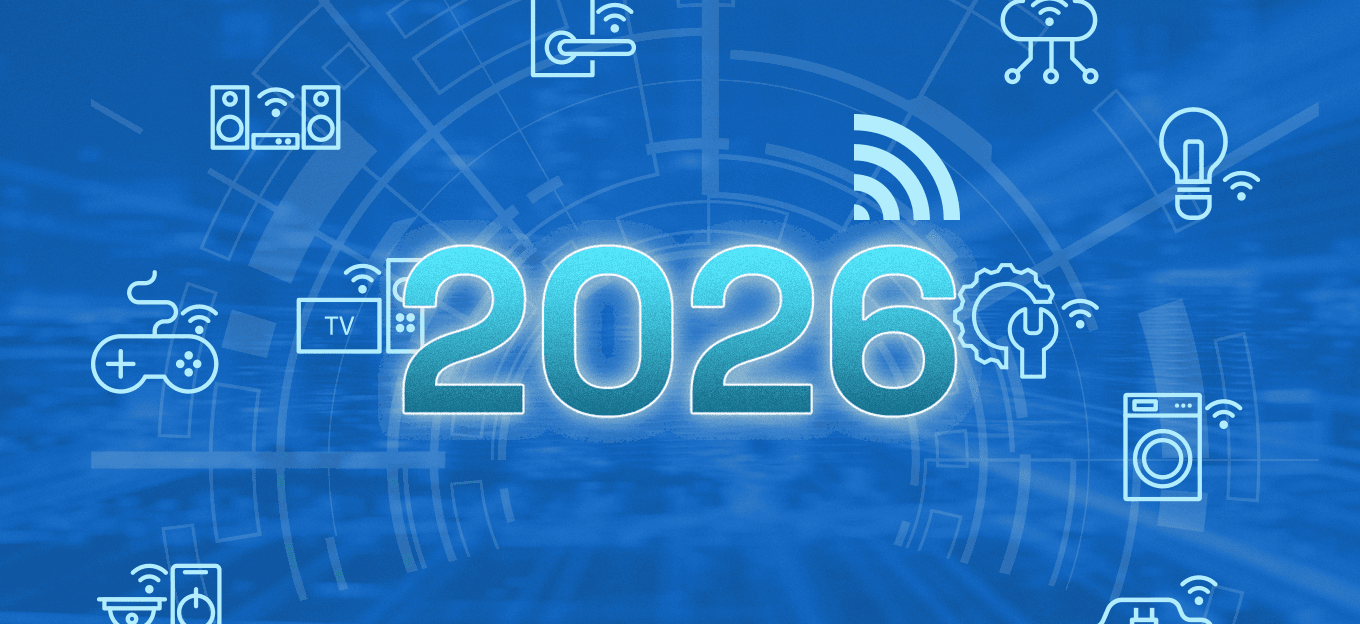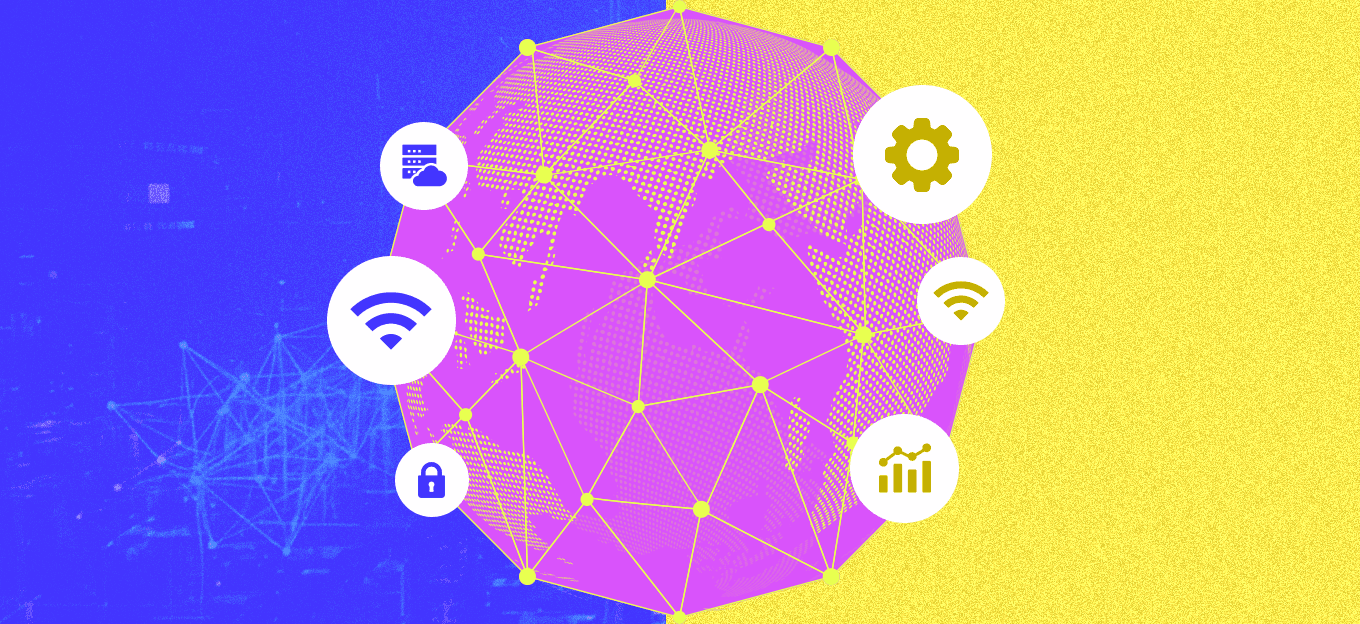Smart Hairbrush is Pretty Dumb.....or is it?
Smart Hairbrush is Pretty Dumb.....or is it?
- Last Updated: December 2, 2024
Matt Quirion
- Last Updated: December 2, 2024



This morning, as is often the case, I brushed my daughter’s hair. Now, if you’ve never had to brush the hair of a kid, let me tell you: it’s often not much fun. I relish the opportunity to take 5 minutes to just talk to my daughter each morning before I head to work and she heads to school, but often the conversations go like this:
Me: So do you have art today?
Daughter: Ow.
Me: Sorry. So, art, right? You still working on that sculpture?
Daughter: OW!
Me: Sorry…
Daughter: OW! OW! OW!
Me: Sorry…
(repeat until the brushing is over)
But that’s not always how the scene plays out. Sometimes I actually get to find out if she has art that day. Sometimes she doesn’t even say “ow” once. And I often wonder, why? What’s different from day-to-day in something that seems so routine in our lives?

Solution: Smart Hairbrush?
This got me thinking about news from CES this week about the “world’s first smart hairbrush.” L’Oreal and Withings have joined forces to create a smart hairbrush that can tell the user about the health of their hair. All for about $200. And it’s been met with some skepticism if not outright sarcasm from the tech press.
The Internet of Things has brought wireless connectivity to billions of devices that previously suffered from being dumb (or, not connected). It has also created an excuse for companies to make everything and anything “smart.”
The hair brush is one example of this. Nokia-owned Withings, L’Oreal’s innovation lab and Kerastase, a high-end L’Oreal hair product brand, have just unveiled a Wi-Fi, Bluetooth-equipped hair brush that’s supposed to show you data on your hair-brushing habits and, in theory help you take better care of your hair.
I’m not actually too interested in the health of my hair. And I’m only a little more interested in the health of my daughter’s hair — so long as it’s clean and looks healthy, that’s all the data I need on matters of the current state. But what I’d really be interested in is the data that hairbrush could collect combined with the data other smart things could collect to tell me a story about my family.
For instance, could the brush data tell me that her hair typically gets much more difficult to brush after she’s slept poorly? Or does her hair get more difficult to brush on given days of the week? Why? What correlations can I pick up from joining the hair data with other data? What signals can I infer from her hair? If I have a bad day brushing my daughter’s hair, does that typically correlate with her doing poorly that day on her spelling test? Does it show something about our family’s eating habits over that last week? I’ve no idea.
It’s quite possible that the hair data can’t tell me much about anything. Though I bet it’d tell me that my wife is much better at brushing hair (I feel like I hear far fewer “ows” whenever my wife does it. Maybe a “smart shower” could tell me if I’m getting refreshed enough in the morning to do a good job).
At $200, the brush is a bit too expensive for me to buy (I also can’t find any info on whether the data will be harvestable via an API). But “the future has always looked like a toy that can’t be used for real work,” and I bet eventually smart hairbrushes will become cheap and interoperable enough to answer some of my questions about my life — or tell me they’ve no clues to offer at all. And so will smart lights, smart refrigerators, and smart everything else. That’s when the real fun starts. That’s when all these “smart” things can lead to smarter living.
The Most Comprehensive IoT Newsletter for Enterprises
Showcasing the highest-quality content, resources, news, and insights from the world of the Internet of Things. Subscribe to remain informed and up-to-date.
New Podcast Episode

IoT in 2026: Trends and Predictions
Related Articles


